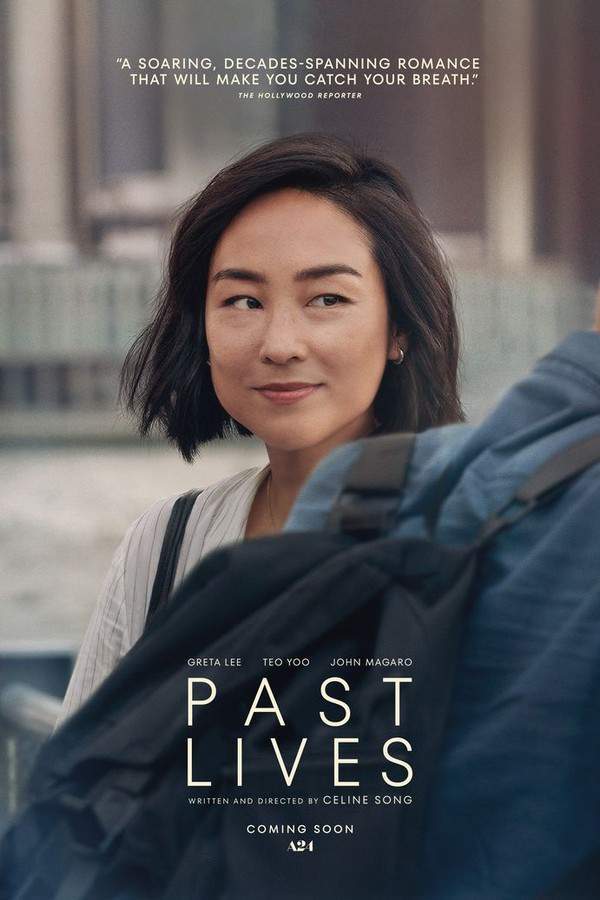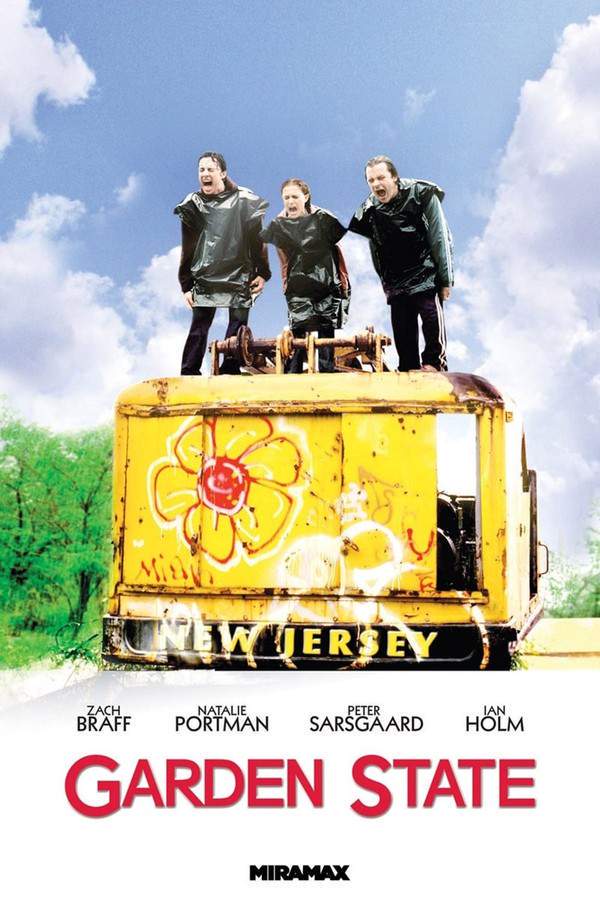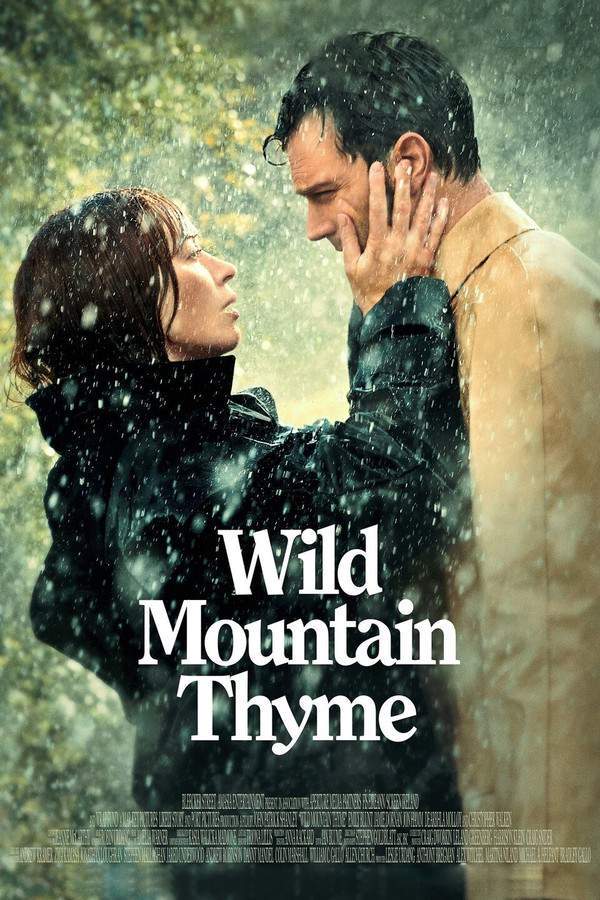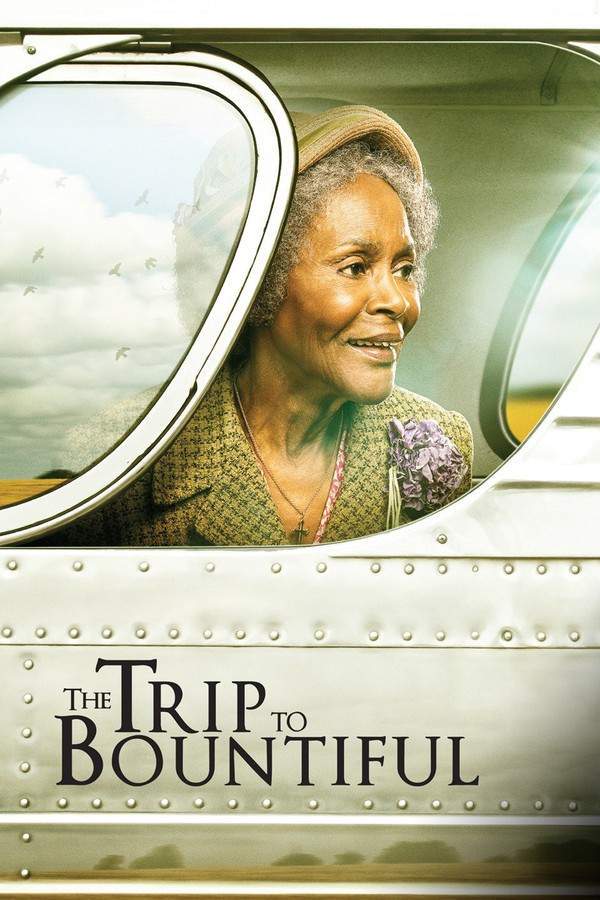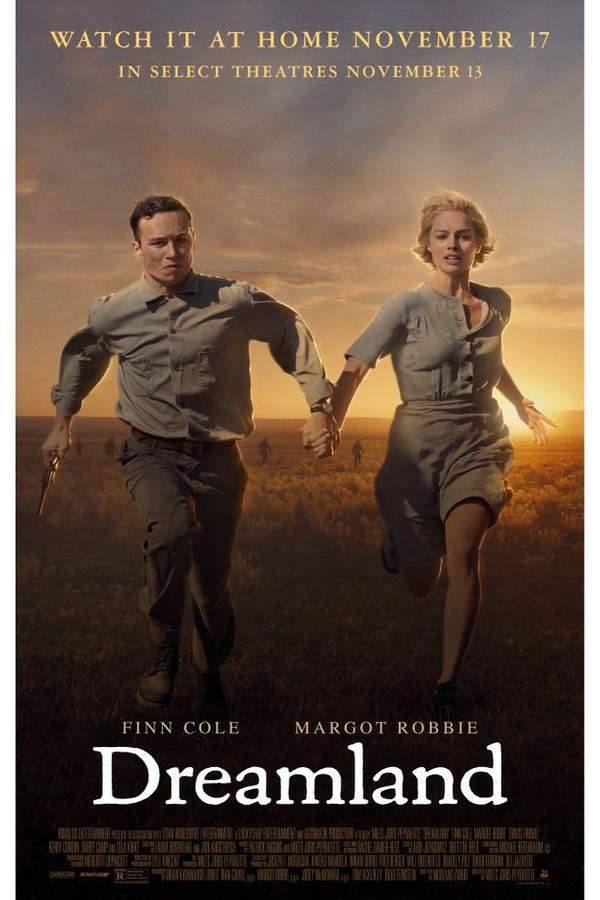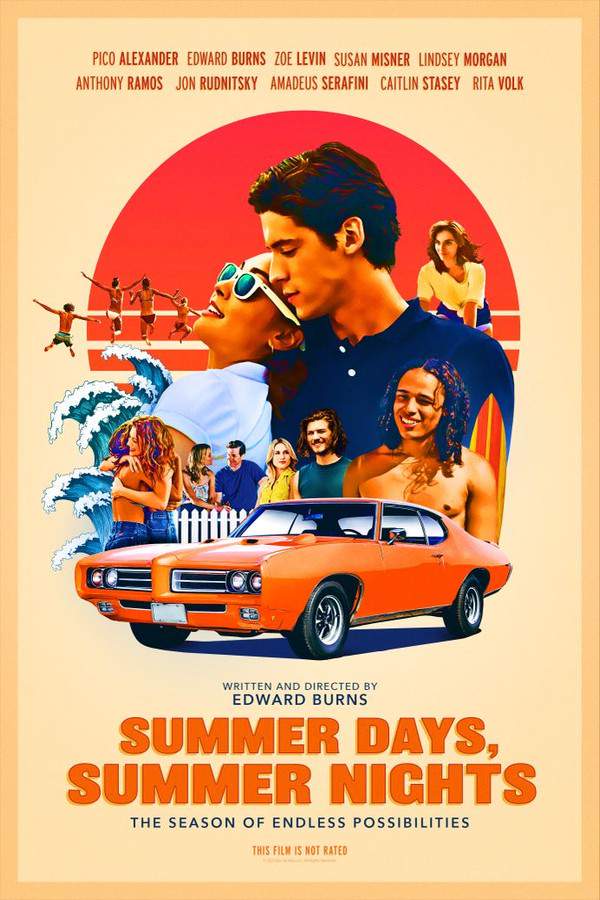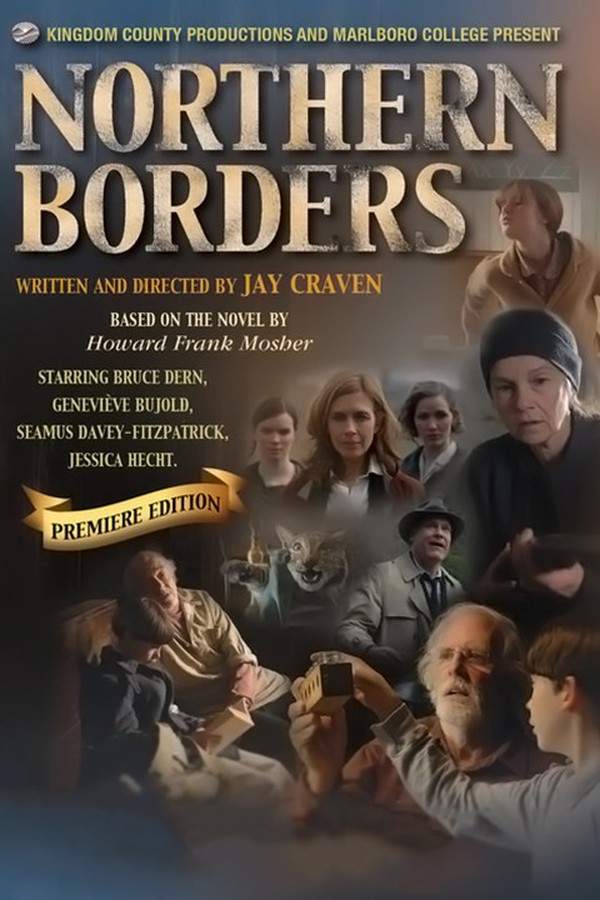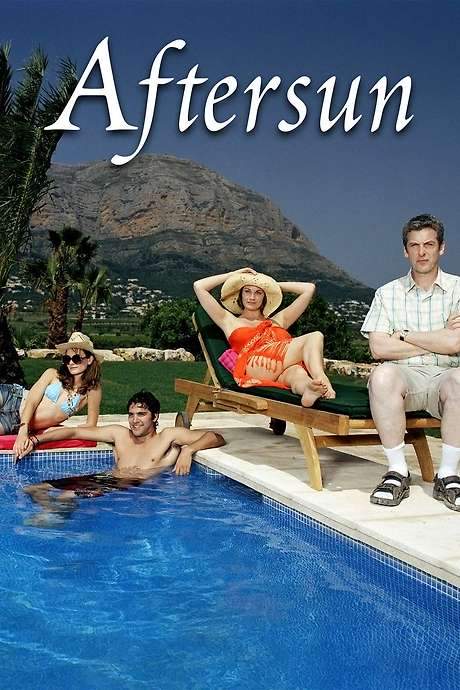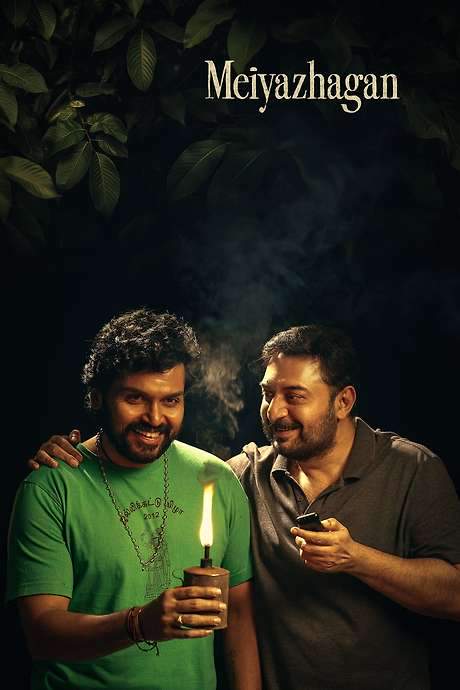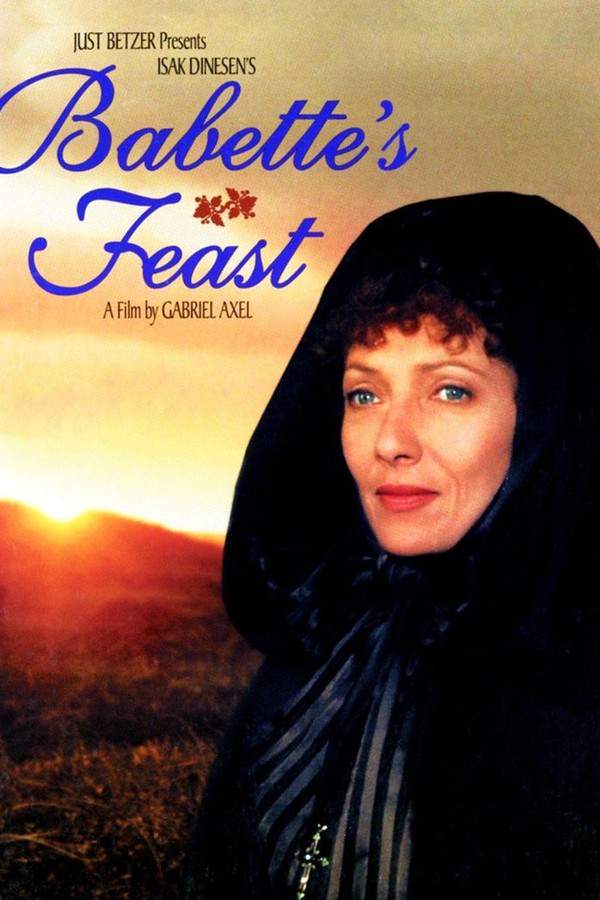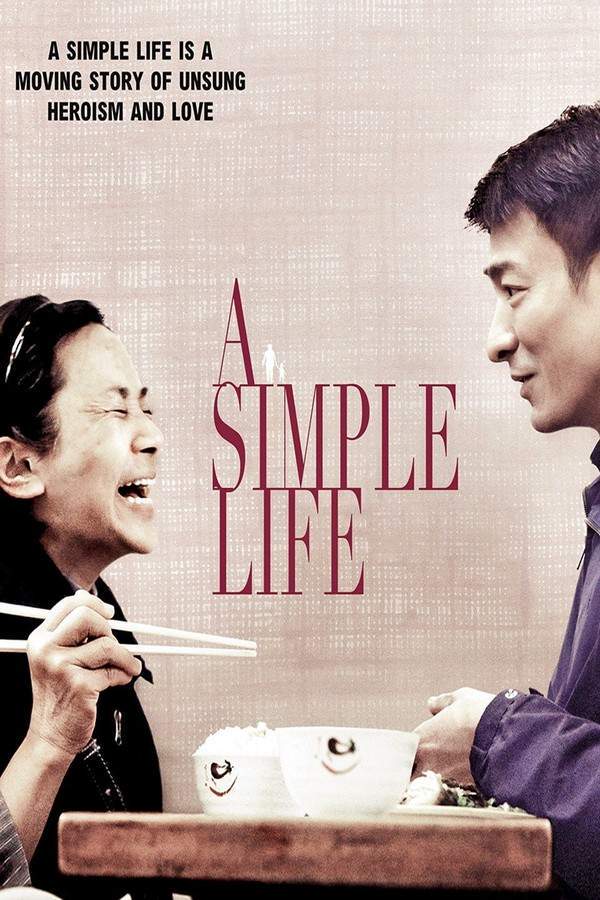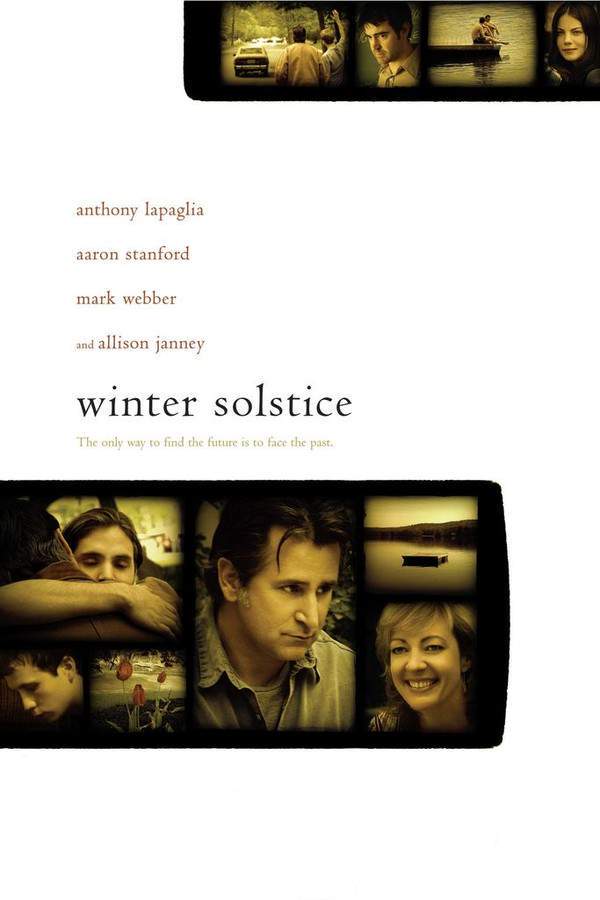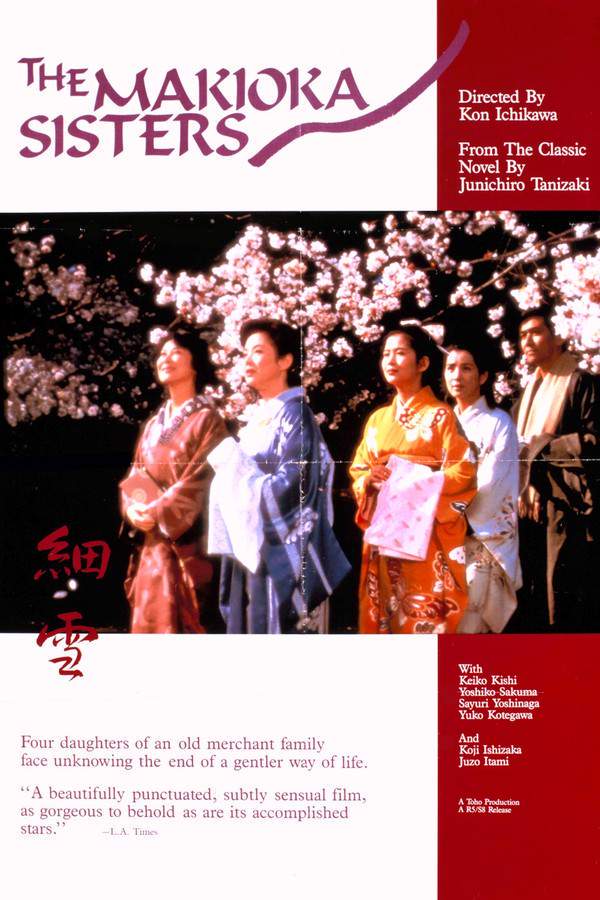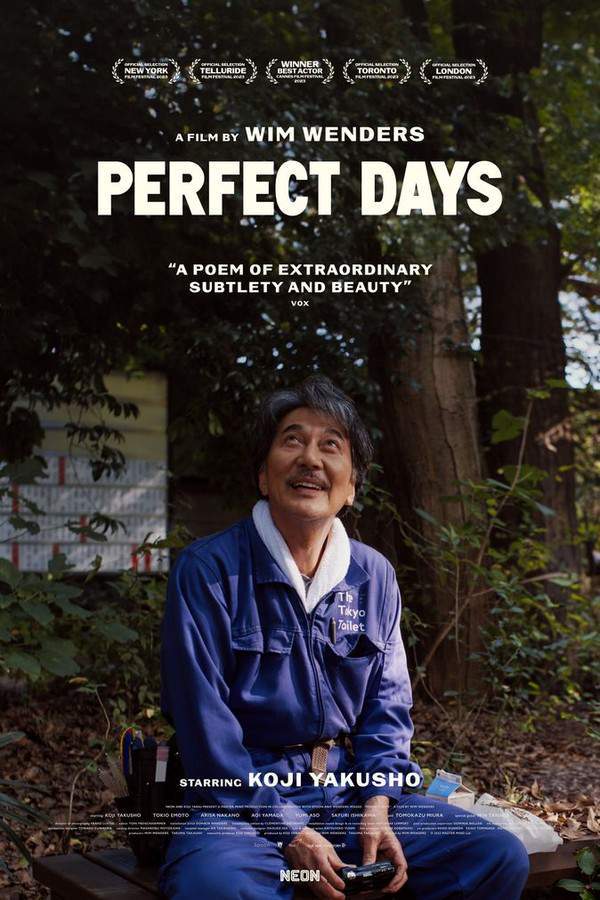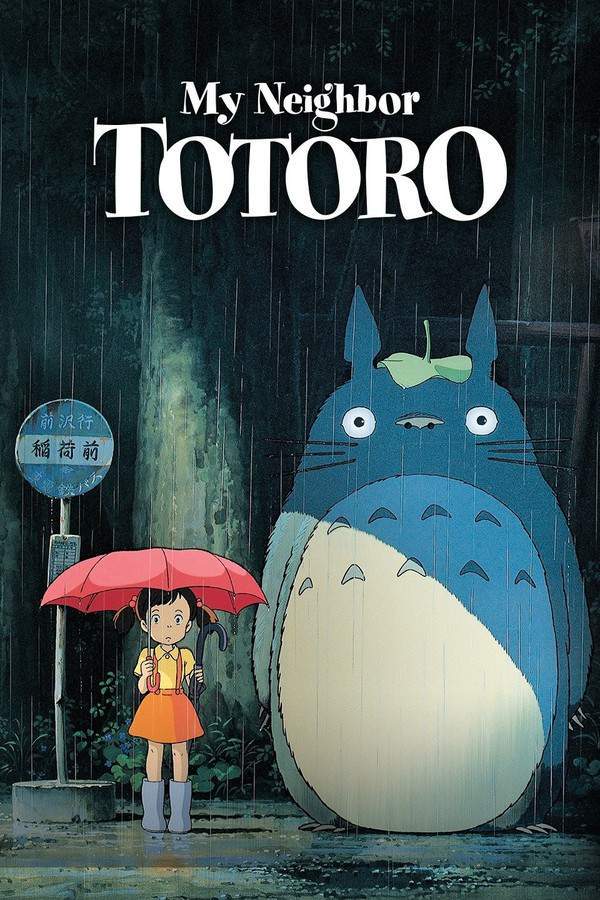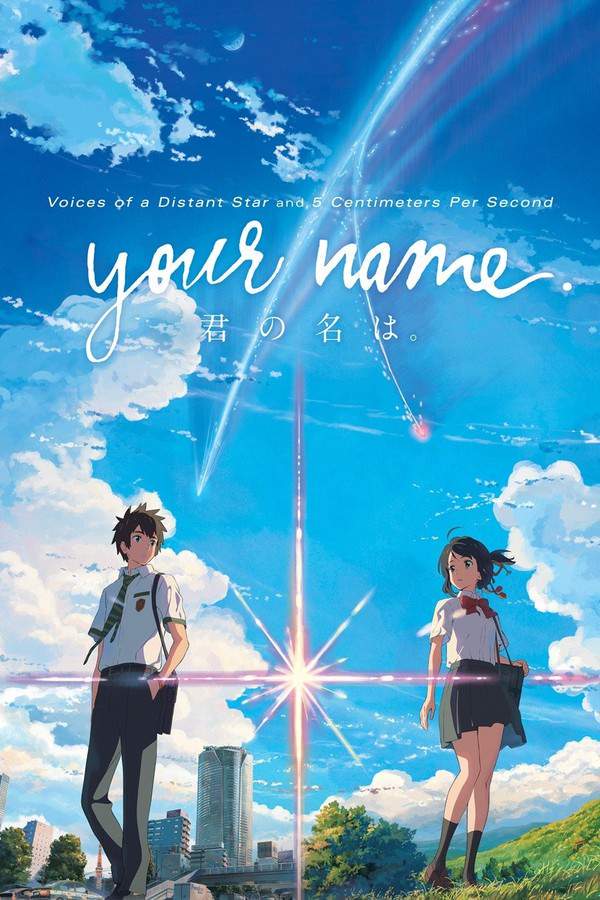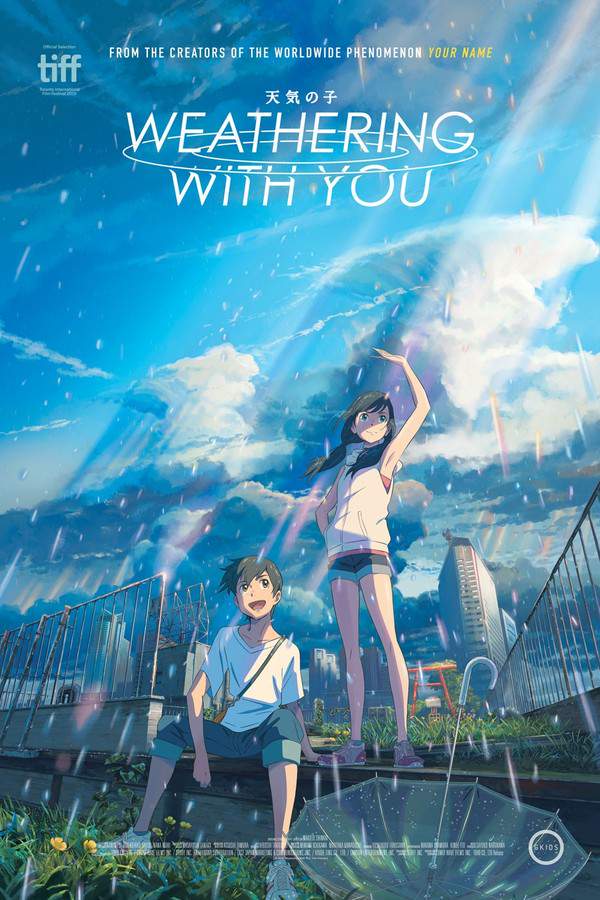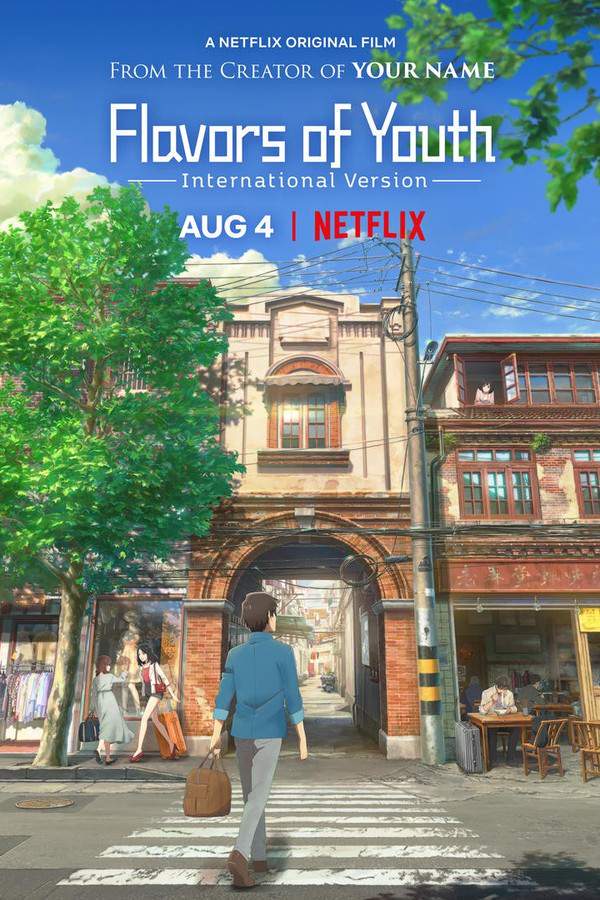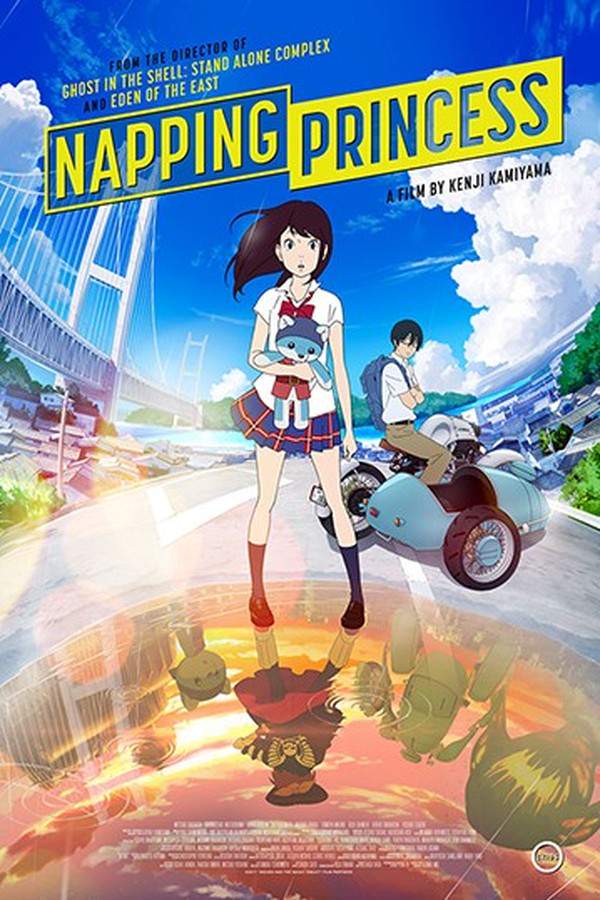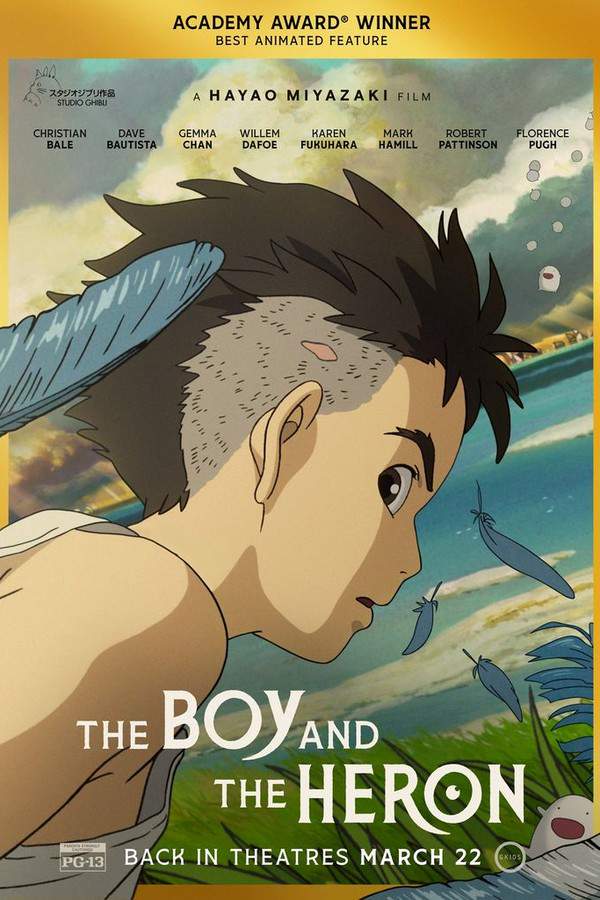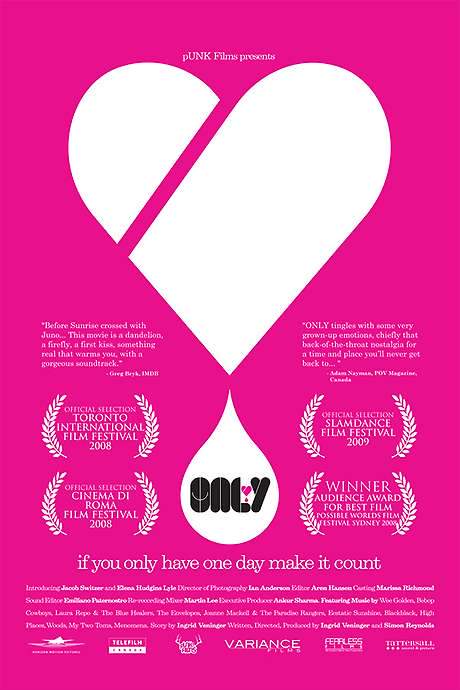
Only Yesterday
Year: 1991
Runtime: 119 mins
Language: Japanese
Director: Isao Takahata
She sets out on a solitary trip, using the journey as a catalyst for introspection. Through lyrical shifts between present moments and vivid memories, Taeko reflects on the trajectory of her life, questioning whether she has remained faithful to the aspirations she held as a child.
Warning: spoilers below!
Haven’t seen Only Yesterday yet? This summary contains major spoilers. Bookmark the page, watch the movie, and come back for the full breakdown. If you're ready, scroll on and relive the story!
Only Yesterday (1991) – Full Plot Summary & Ending Explained
Read the complete plot breakdown of Only Yesterday (1991), including all key story events, major twists, and the ending explained in detail. Discover what really happened—and what it all means.
Taeko Okajima, Miki Imai (voice), a solitary office worker living in Tokyo in 1982, longs for the slower pace of the countryside. She travels to visit her eldest sister Nanako, Yorie Yamashita (voice)‘s in-laws to help with the safflower harvest. On a nighttime sleeper train to Yamagata, memories surge of Taeko as a ten-year-old schoolgirl in 1966, a year when classmates could holiday with family outside the city. Through vivid recollections, the film unfolds moments from that school year—the first time she fell for a boy who played baseball, the day her family shared a pineapple for the first time, and the early, awkward steps of puberty that began to shape her sense of self.
When Taeko arrives, she is surprised to be picked up by Toshio, her brother-in-law’s second cousin, who has returned from the city to help his family on the farm. Toshio, Toshiro Yanagiba (voice), becomes a bridge between two eras, guiding her through the rhythms of rural life and prompting further reflections on her younger self. As they share meals and quiet moments, she opens up to Toshio and to Nanako about the memories that keep resurfacing, weaving a tapestry that links past and present and reveals how the countryside has always spoken to her sense of belonging.
Taeko’s memories swing back to her sister Yaeko, Yuki Minowa (voice), who was asked to lend an old purse, sparking a family argument and a sharper reminder of hardship when Taeko’s father slaps her for standing outside barefoot—a small but powerful symbol of postwar poverty. The remembered scene tests Taeko’s own growing awareness of want, and it also shows Yaeko’s fragility within a family dynamic that tries to keep up appearances. As the memory unfolds, Taeko confronts how desire and pride coexist within a girl who loves her family but longs for a different path.
In another thread of memory, Taeko recalls an impulsive spark of talent for acting—an opportunity to be in a university play that her father ultimately shut down, leaving the younger Taeko and her family crestfallen. By high school, drama fades from her life, nudging her toward a different future even as the seed of storytelling remains part of who she is. This inner history enriches her understanding of the present moment and her evolving sense of self, especially as she sees how the rural landscape has shaped her identity, even as it tugs at her heart.
As the visit nears its end, Toshio’s grandmother—Taeko’s grandmother, Chie Kitagawa (voice)—senses the underlying wish in Taeko’s eyes and gently suggests that she might stay and marry Toshio. The suggestion unsettles Taeko, sparking a flutter of doubt and a rush of longing that she compounds by stepping outside to be alone. She recalls a briefly remembered, ill-mannered working-class boy she once treated with kindness, even as others looked down on him; the memory lingers, and the boy’s absence feels heavy. The moment evolves into a quiet confession: Toshio may have feelings for her, and Taeko’s own emotions begin to tilt toward him even as she fights the pull of the life she has always known.
The night before she must depart, the memories of her classmates—assembled in a chorus of quiet, unspoken urging—seem to urge Taeko to stay. On the rain-washed morning train, she makes a pivotal choice: she alights, and Toshio drives her back across the fields and lanes, with her younger self watching from the margins of the frame. The journey concludes as the present and the past walk side by side, blend into a single sense of place, and leave Taeko standing at the threshold between two worlds—the urban, grown woman she is and the girl who learned to listen to the land, the people, and her own heart.
Last Updated: October 09, 2025 at 15:01
Explore Movie Threads
Discover curated groups of movies connected by mood, themes, and story style. Browse collections built around emotion, atmosphere, and narrative focus to easily find films that match what you feel like watching right now.
Reflective journeys into the past like in Only Yesterday
Stories where a physical journey unlocks a poignant exploration of memory.If you liked the quiet introspection and memory-driven narrative of Only Yesterday, you might enjoy these other movies. This collection features similar films about self-discovery, where a present-day journey prompts a nostalgic look back at childhood, blending past and present in a bittersweet exploration of identity.
Narrative Summary
The narrative pattern involves a protagonist, often feeling unfulfilled, who takes a trip that acts as a catalyst for introspection. The story unfolds non-linearly, juxtaposing vivid, formative memories from youth with the protagonist's current reality, building towards a decision about their future path that reconciles past hopes with present possibilities.
Why These Movies?
Movies in this thread share a focus on introspection, nostalgia, and the slow, gentle process of understanding how one's past shapes their present. They are united by a bittersweet tone, a deliberate pacing that allows for reflection, and a narrative structure that values emotional truth over plot-driven action.
Quiet slice-of-life character studies like Only Yesterday
Intimate films that find drama in the everyday rhythms of life.For viewers seeking more movies with the gentle, reflective atmosphere of Only Yesterday, this list highlights similar character-driven stories. These films share a slice-of-life approach, focusing on emotional realism and everyday experiences with a slow, tranquil pacing and medium emotional weight.
Narrative Summary
Stories in this thread unfold without high-stakes conflict, instead deriving their power from observing a character's internal journey. The plot is often minimal, serving as a framework to explore themes of identity, belonging, and personal fulfillment through seemingly mundane interactions and moments of quiet realization.
Why These Movies?
These films are grouped by their shared low intensity, slow pacing, and focus on emotional realism. They create a similar viewing experience: a tranquil, immersive dive into a character's life that feels authentic and relatable, often leaving the viewer with a sense of thoughtful melancholy or quiet hope.
Unlock the Full Story of Only Yesterday
Don't stop at just watching — explore Only Yesterday in full detail. From the complete plot summary and scene-by-scene timeline to character breakdowns, thematic analysis, and a deep dive into the ending — every page helps you truly understand what Only Yesterday is all about. Plus, discover what's next after the movie.
Only Yesterday Timeline
Track the full timeline of Only Yesterday with every major event arranged chronologically. Perfect for decoding non-linear storytelling, flashbacks, or parallel narratives with a clear scene-by-scene breakdown.

Characters, Settings & Themes in Only Yesterday
Discover the characters, locations, and core themes that shape Only Yesterday. Get insights into symbolic elements, setting significance, and deeper narrative meaning — ideal for thematic analysis and movie breakdowns.

Only Yesterday Spoiler-Free Summary
Get a quick, spoiler-free overview of Only Yesterday that covers the main plot points and key details without revealing any major twists or spoilers. Perfect for those who want to know what to expect before diving in.

More About Only Yesterday
Visit What's After the Movie to explore more about Only Yesterday: box office results, cast and crew info, production details, post-credit scenes, and external links — all in one place for movie fans and researchers.

Similar Movies to Only Yesterday
Discover movies like Only Yesterday that share similar genres, themes, and storytelling elements. Whether you’re drawn to the atmosphere, character arcs, or plot structure, these curated recommendations will help you explore more films you’ll love.
Explore More About Movie Only Yesterday
Only Yesterday (1991) Scene-by-Scene Movie Timeline
Only Yesterday (1991) Movie Characters, Themes & Settings
Only Yesterday (1991) Spoiler-Free Summary & Key Flow
Movies Like Only Yesterday – Similar Titles You’ll Enjoy
My Neighbor Totoro (1988) Movie Recap & Themes
Your Name. (2017) Film Overview & Timeline
Weathering with You (2020) Detailed Story Recap
Flavors of Youth (2018) Movie Recap & Themes
Napping Princess (2017) Spoiler-Packed Plot Recap
The Boy and the Heron (2023) Full Movie Breakdown
Late Afternoon (2017) Ending Explained & Film Insights
Urusei Yatsura: Only You (1983) Full Summary & Key Details
SING “YESTERDAY” FOR ME (1000) Full Movie Breakdown
Call Me Chihiro (2023) Full Summary & Key Details
Tokyo Story (1953) Story Summary & Characters
Only (2008) Film Overview & Timeline
Ocean Waves (1993) Complete Plot Breakdown
Chasing Yesterday (1935) Full Summary & Key Details
The Only Son (1936) Film Overview & Timeline

